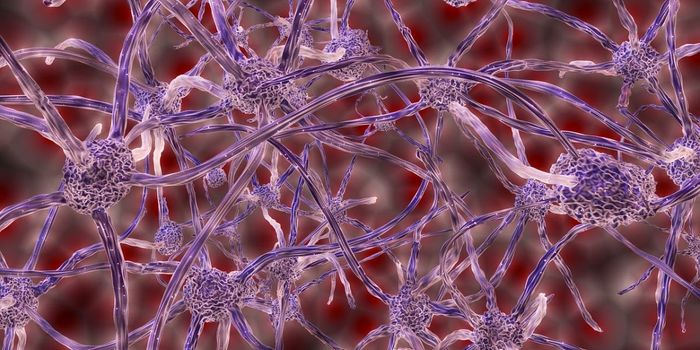Brief Exposure to Cancer Drug Produces Anti-aging Effects in Mice

Rapamycin is a cell-growth inhibitor and immunosuppressant. It is commonly used to prevent the rejection of organ transplantation and to treat various types of cancer. Several studies, however, have shown that the drug may also be able to ‘rejuvenate immunity'. Some say it thus has strong potential to slow down the aging process and prevent several age-related conditions, including cancer, stroke, infarction, and blindness.
A key issue with the drug today, however, is that current doses and continuous usage can lead to undesirable side effects such as thrombocytopenia- low platelet count, anemia, and leukopenia. In the current study, researchers thus sought to see how long rapamycin needs to be taken to achieve positive health effects.
In the study, they examined the drug’s effects in different time windows. They found that a brief window of 2 weeks of treatment in young, adult fruit flies yielded protection against age-related pathology in the intestine and extended their lifespan. A 3-month treatment period starting at 3 months of age in young adult mice yielded similar benefits when they reached middle age.
“These brief drug treatments in early adulthood produced just as strong protection as continuous treatment started at the same time,” said Dr. Thomas Leech, co-author of the paper.
“We also found that the rapamycin treatment had the strongest and best effects when given in early life as compared to middle age. When the flies were treated with rapamycin in late life, on the other hand, it had no effects at all. [...] So, the rapamycin memory is activated primarily in early adulthood,” he continued.
Prof. Linda Partridge, the senior author of the study, added that it will be important to see whether the same effects can be produced if treatment starts later in life, as ‘ideally, the period of treatment should be minimized.”
Sources: Neuroscience News, Nature Aging








